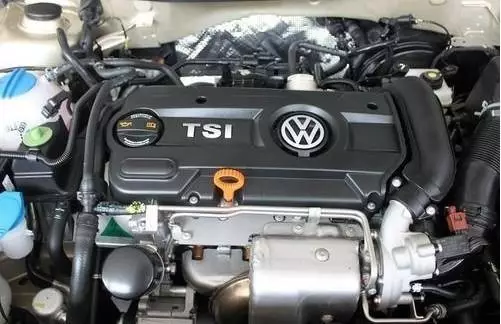What are the cars that burn oil? How many can you say? What about the least likely to burn oil?

Now, as long as you talk about German cars, the first thing you need to complain about is to burn the engine oil. It is no news that German cars burn the engine oil, not only the public burn, but also the BMW Audi burn; Not only turbo-charged burning, naturally aspirated also burn; Not individual cars burn, but many cars burn.
The oil burning of German cars makes domestic consumers headache. What is going on? Let's talk about the reason today.

The design concept of German car engine is more inclined to power and technology, and its cylinder wall covering fabric is full of many mesh holes (of course, the naked eye looks smooth), it is precisely because these mesh holes can store a certain amount of engine oil that the piston needs better lubrication performance when running up and down in the cylinder, this situation naturally reduces the wear on the cylinder wall caused by the up and down operation of the piston ring.
Because the cylinder wall of German cars is mesh, the oil left in the mesh "small oil depot" will be burned when the piston works (ignition and deflagration).

Comparatively speaking, Japanese cars are generally considered not to burn engine oil, and the main reason is the problem of engine design. Because the piston ring structure of Japanese engines is elastic, it is easy to clean up the carbon deposit. Because there are no mesh holes like the cylinder of German car engine, the possibility of cylinder wall wear increases, and even leads to overhaul.
In other words, German cars are easy to burn oil at ordinary times, but the engine needs to be overhauled only after 300000 kilometers. Japanese cars are not easy to burn oil at ordinary times, but the engine needs to be overhauled less than 200000 kilometers.